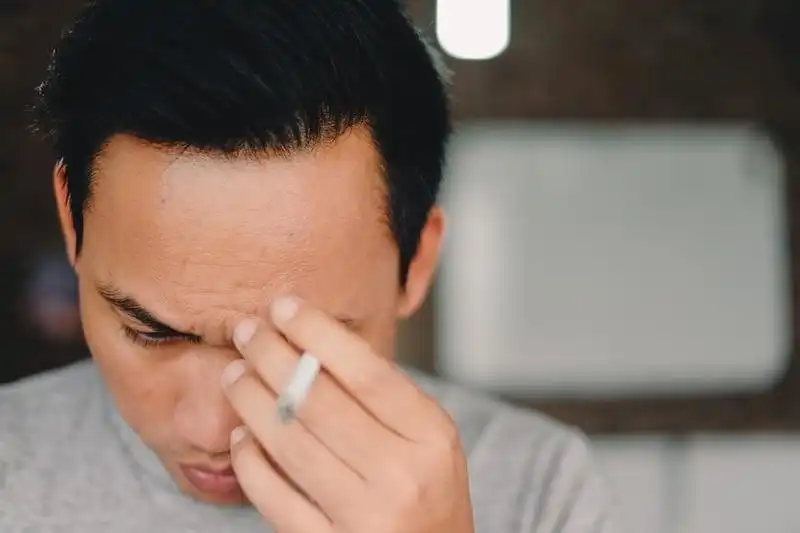Men aren’t necessarily known for wanting to go to the doctor, but some health concerns require a little professional assistance. June is Men’s Health month, an annual reminder for men and boys to make their health a priority. Healthy eating and exercise should be just the foundation of the healthy decisions you can make every day to look and feel your best.
Maybe, for some common health concerns, it’s easy to ignore or underestimate your symptoms. But you may be surprised how a few simple lifestyle changes, treatment, and medications could make you feel a lot better. If you are struggling, commit to your health this June so you can start feeling better right away.
Let’s look a little closer at some health issues that many men face.
ED
Erectile dysfunction, or ED for short, is a term to describe an inability to keep an erection. It’s very common. While it may be embarrassing, it’s important to talk with a doctor as ED can be a sign of an underlying health problem. It’s also a risk factor for heart disease.
There are many causes of ED, both physical and mental. Quitting smoking, reducing stress, and increasing exercise can help, but treatments often are based on the underlying cause. Doctors usually will prescribe one of the following drugs: Viagra, Adcirca or Cialis, Levitra or Staxyn, or Stendra. Many insurance plans do not cover these drugs, but rxless can help reduce the financial burden of treatment.
Hair Loss
Male pattern baldness or thinning is extremely common, with about 85% of men battling the condition before the age of 50. It normally doesn’t suggest medical problems. While it is primarily hereditary, some men have hair loss due to a lack of protein or vitamin A. Stress and smoking can make it worse.
While miracle products don’t work, there is an FDA-approved treatment called Minoxidil that you can buy over the counter or with a prescription. Once applied to your scalp, it will slow the rate of hair loss. Another oral medication is called Finasteride. Neither are normally covered under insurance plans.<
Weight Loss
Government studies recently found that more than 73% of men in the U.S. are either obese or overweight. This major health epidemic is directly connected to a long list of additional health factors, including heart disease, diabetes, greater chances of strokes, cancer, gout, and many more. Losing excess body fat is one of the best things you can do for your health.
While many struggle to lose weight, eating unprocessed foods, with a focus on fresh fruits and vegetables, can help. Some have found success through intermittent fasting programs, increase in water consumption, walking at least 10,000 steps every day, and breaking a sweat. For morbidly obese men, medication like Alli and Phentermine could help.<
Quit Smoking
In 1964, the U.S. Surgeon General announced that smoking tobacco is dangerous and causes cancer. But many men still struggle with the addiction. Getting help with medications, such as Varenicline (Chantix) or Bupropion, can help reduce cravings so you can readjust your habits.
By addressing these common men's health concerns with your doctor, you can get the support you need to improve your wellbeing—for the rest of your life.

















